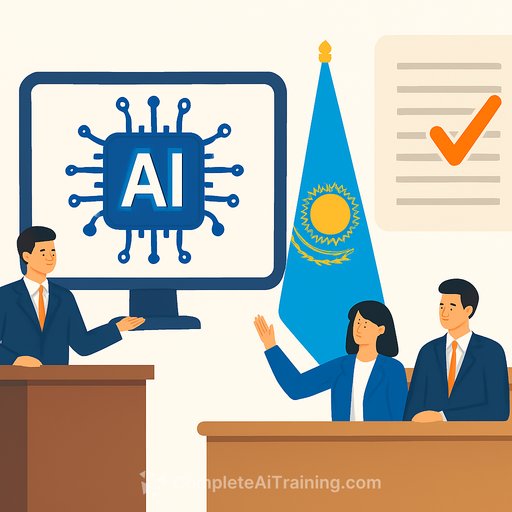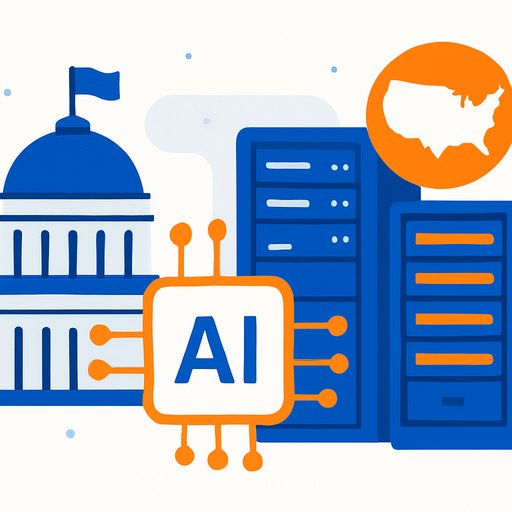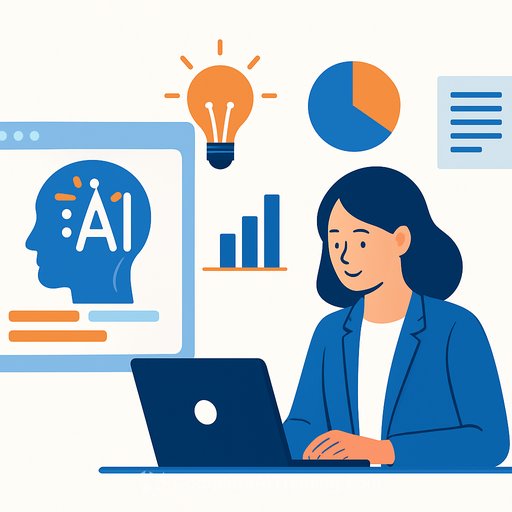Alberta Privacy Commissioner Calls for Standalone AI Regulation
The Office of the Information and Privacy Commissioner (OIPC) of Alberta is urging the provincial government to develop a dedicated legal framework for artificial intelligence (AI). This framework would govern AI's use, particularly as it becomes more integrated into Alberta’s health-care system.
According to the OIPC report, AI adoption in health care is already active. The commissioner suggests Alberta could benefit from a standalone AI law that complements existing privacy legislation. Current privacy laws protect individuals’ rights regarding their personal and health information used in AI training and processing, but specific AI regulation would provide clearer guidelines and protections.
Public Concerns and Transparency
Survey findings released by the OIPC highlight public hesitation about using personal health data to train AI systems. Respondents expressed concerns about AI’s impact on health-care outcomes and a strong preference for being informed if AI influences health-care decisions.
In response, Alberta’s Ministry of Technology and Innovation is considering regulatory options. A spokesperson emphasized the dual nature of AI as a powerful tool with transformative potential but also associated risks. The ministry aims to find regulatory approaches that protect privacy, ensure safety, and maintain public trust while fostering innovation.
Risks Associated with AI in Health Care
Blair Attard-Frost, assistant professor of political science at the University of Alberta, supports the OIPC’s call for AI standards. She notes that setting clear principles is a necessary early step toward enforceable regulations that protect sensitive health data.
The concern is less about government use of AI and more about oversight of health-care providers employing AI tools. Maintaining strong regulation around confidentiality and data protection remains essential. AI systems that automate diagnostics or allocate hospital resources must meet stringent design and accountability standards.
The OIPC report points out that personal information is often central to AI development. Many harms from AI misuse stem from improper handling of such data. The office is already reviewing privacy impact assessments related to AI use under current privacy laws.
Chris Stinner, assistant commissioner with the OIPC, highlights the growing use of AI-powered scribe tools in health care. He stresses the importance of balancing AI’s benefits against the risks, aiming to prevent Alberta from becoming an example of poor AI implementation.
Why Specific AI Legislation Matters
Despite existing privacy and health information laws, Attard-Frost argues that AI requires its own legal framework. The scale and speed at which AI can operate create new risks that traditional regulations may not fully address.
Potential Benefits of AI in Health Care
While privacy risks are significant, AI also offers the potential to improve Alberta’s health care. Better diagnostic accuracy and expanded access to services are among the possible benefits.
Attard-Frost points out that AI could handle diagnostic services and prescription fulfillment for less complex conditions, improving efficiency and health outcomes. The goal is to mitigate risks to unlock these advantages.
Chris Stinner agrees, recognizing AI’s promise to enhance productivity, accuracy, and patient care within Alberta’s health system.
Next Steps for AI Regulation
On the federal level, AI regulation remains uncertain. The previous Artificial Intelligence and Data Act (AIDA) did not advance before the last election, and the current government has yet to clarify its approach.
Attard-Frost sees an opportunity for provincial governments like Alberta’s to fill this regulatory gap. Engaging the public and crafting province-specific regulations can provide necessary safeguards until federal guidance emerges.
Jonathan Gauthier from Alberta’s Ministry of Technology confirms the ministry’s intent to collaborate with the OIPC and monitor developments nationwide as it shapes its regulatory response.
Further Learning
Your membership also unlocks:









